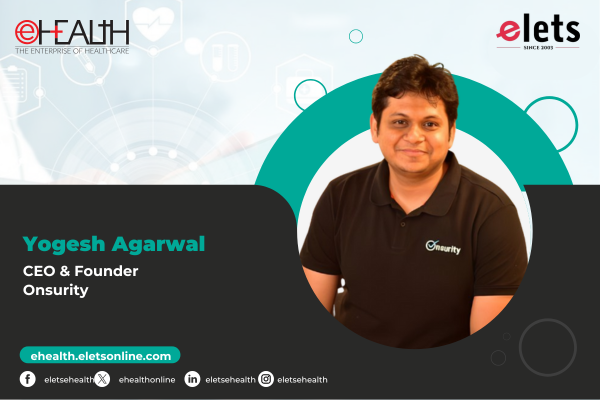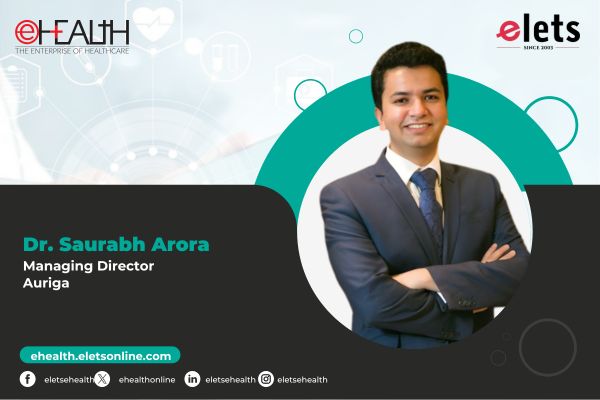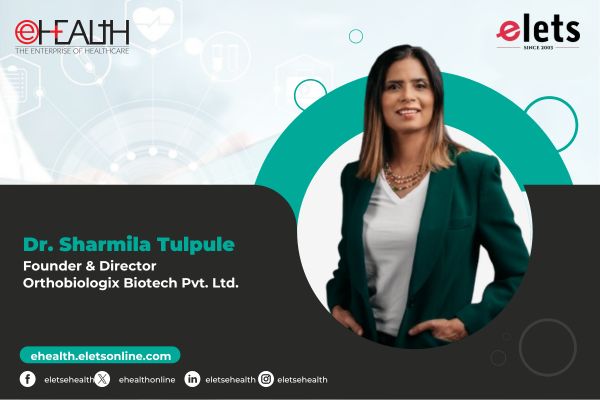
Menstrual dignity is not a privilege—it’s a right.
Across geographies, there exists a biological truth—a monthly rhythm that half of humanity experiences. Menstruation continues to be whispered about in shame, kept hidden and suppressed. Every year on May 28, the world comes together to observe Menstrual Hygiene Day, with the theme and mission remaining urgent and clear: “Together for a Period-Friendly World.”. And ‘together’ matters most, as no single person, organisation can remove the deeply rooted stigma and inaccessibility surrounding menstruation alone. But together with a unified mission, we can build a world where menstruation is no longer a barrier.

Every month, 1.8 billion people across the world menstruate. Among them are girls, women, transgender men, and non-binary individuals—millions of whom are denied the basic right to manage their period in a healthy, dignified, and safe way, because of gender inequality, poverty, cultural taboos, lack of education, and inadequate facilities. For adolescent girls, the onset of menstruation should mark a natural milestone. But for many, it becomes the beginning of shame, fear, social exclusion, and missed opportunities. For transgender and non-binary individuals, it often means added layers of discrimination and invisibility.

Menstrual hygiene is not just about products—it’s about dignity. It’s about ensuring that no girl has to skip school because she’s bleeding. That no woman has to use a rag or paper because she cannot afford a sanitary pad. That no menstruating person has to feel dirty, impure, or lesser because of something so natural and pure. Behind every stained cloth or silent word lies a deeper story—of poverty, of ignorance, of pain behind a masked smile. A story where women and girls suffer infections silently, where menstruation is still considered a curse in many households, temples, and schools. And we ask ourselves—how can we talk of equality if we cannot even speak of periods openly? This is not just a women’s issue. It’s an issue of humanity. Because when one girl bleeds in silence, a society loses its voice.

The consequences of unmet menstrual health needs are far-reaching:

- Girls miss school or drop out at times.
- Women face infections, isolation, and restricted movement.
- Trans and non-binary persons are denied access to proper materials and services.
- In humanitarian crises, the lack of menstrual hygiene becomes even more acute, endangering lives and compromising dignity.
In a truly period-friendly world, menstruation has to be taken as a natural and healthy part of life, free from stigma, shame, and silence. Everyone should have access to safe, affordable, and sustainable menstrual products, education, clean toilets, access to water, proper disposal systems in schools, workplaces & public spaces, to live with confidence and dignity. Let menstruation not be a barrier—it has to be simply a part of being human.
In India, nearly 23 million girls drop out of school each year due to the lack of proper menstrual hygiene facilities. Recognising this crisis, the Government of India has made Menstrual Hygiene Management (MHM) a priority alongside handwashing, ending open defecation, and building toilets under the Swachh Bharat Mission (SBM). Through the Pradhan Mantri Bhartiya Janaushadhi Pariyojana (PMBJP), the government launched Jan Aushadhi Suvidha Sanitary Napkins, offering a pack of six sanitary pads—branded “Freedays”—for just ₹6 to rural adolescent girls. A comprehensive 360-degree awareness campaign has also been rolled out, with audio, video, print materials, and job aids to educate adolescent girls and support frontline workers like ASHAs in promoting safe and hygienic menstrual practices.
As individuals and as organisations, we must come together to build more such inclusive programs that nurture awareness and build empathy. Time to ensure access to safe menstrual materials, reliable hygiene services, and clean, dignified infrastructure for all. We must advocate for policies that recognise menstrual health as a vital public health issue, not a private burden. Above all, we must empower our youth, especially girls with disabilities and those without digital access, to be included, informed, and free from violence, shame, and silence. Only then can we create a world where menstruation is not a barrier, but a bridge to equality and dignity.
In today’s digital age, access to information is power. Yet, 8 out of 10 adolescent girls in low-income countries are offline—disconnected from education, healthcare information, and support systems. We must bridge this gap to ensure every girl, regardless of geography, ability, or identity, has equal opportunity to learn, thrive, and lead.
We need more than awareness. We need a revolution where menstrual hygiene is prioritised as a basic human right, not a luxury, where we teach our boys that periods are not to be mocked but respected. Where we normalise conversations so deeply that no girl ever feels shame for simply existing in her body. This is not just a women’s issue. It’s an issue of humanity. Because when one girl bleeds in silence, a society loses its voice.
Let us stop treating menstruation as a private burden and start treating it as a public responsibility, as periods don’t pause for poverty, prejudice, or policy gaps—and neither should our efforts. A period-friendly world is not just a dream. It’s a necessity. And it begins with you, me, and all of us—together. Let us talk, educate, and empower. And above all, let us care.
Views expressed by: Dr. Ravi Gaur, Chairman, Medical Advisory Committee, Oncquest Laboratories Ltd. and Founder, DRG Path Lab, New Delhi
Be a part of Elets Collaborative Initiatives. Join Us for Upcoming Events and explore business opportunities. Like us on Facebook , connect with us on LinkedIn and follow us on Twitter , Instagram.
"Exciting news! Elets technomedia is now on WhatsApp Channels Subscribe today by clicking the link and stay updated with the latest insights!" Click here!
















